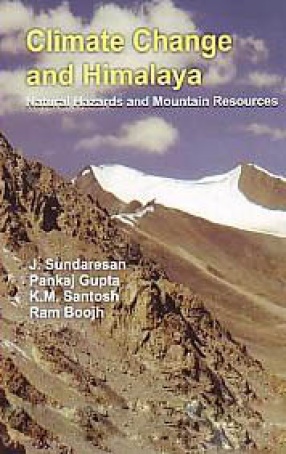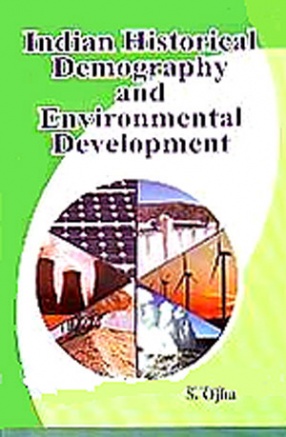Precambrian high grade mobile belts form an integral part of shield areas. They have been in the focus of recent international research because they provide information on lower crustal processes. Like the classical Limpopo Mobile Belt of South Africa, the southern Indian granulite terrain has attracted a great deal of recent attention with the evolving theory of carbonic metamorphism to explain the origin of incipient charnockites, brought to the world’s notice by Prof. C.S. Pichamuthu and R.C. Newton. This has spawned a great deal of geochemical, isotopic, fluid inclusion and geochronological studies to provide an integrated picture of granulite evolution. These studies have rekindled the enthusiasm for the testing fit of Gondwana continents through new models linking India with Sri Lanka, Madagascar and Antarctica. Several seminars held recently in India have also triggered the revival of interest in granulite terrains, e.g. Indo-US Workshop on Deep Continental Crust of South India 1988; National Seminar on Project Vasundhara 1994 and International Symposium on Charnockites and Granulite Facies Rocks 1996. Special volumes on Indian granulites (Journal of Metamorphic Geology, V.11 1993: Geological Society of India Memoirs V.25, 1993 and V.34, 1995 and Excursion Guide Book 1997; Proceedings of Indian Academy of Science, 1997 and several publications of the Gondwana Research Group) have paid special attention to the classical charnockites and khondalites of India. Further, the IGCP Project 368 on the Proterozoic Events in East Gondwana under the leadership of Masaru Yoshida and M. Santosh have held several recent conferences and brought out valuable publications focussed on study of granulite facies rocks. In sharp contrast to the burgeoning studies on southern Indian granulites, geological studies are still in infancy in the Eastern Ghats Mobile Belt (EGMB) which is an ideal model of proterozoic, high grade mobile belt in eastern India with clear linkages in the East Gondwana. The Eastern Ghats Mobile Belt has been drawing periodic attention through seminars conducted in Visakhapatnam in recent years. Andhra University organised two seminars, a Workshop on the Geoscientific Aspects of Eastern Ghats in November 1982, and a Seminar on the Advances in Geology and Tectonics of Eastern Ghats and the Role of Remote Sensing Techniques in Resource Evaluation in October, 1985. The present volume is the outcome of the Workshop on the Eastern Ghats Mobile Belt organised jointly by the Geological Survey of India and the Andhra University on 15-16 June 1994 at Visakhapatnam. Geological Survey of India, in accordance with its main mandate completed the systematic geological mapping of Eastern Ghats Mobile Belt of Orissa and Andhra Pradesh on 1 : 63, 360/50,000 scale in the early nineties. It was therefore considered appropriate to synthesise the results of geological mapping and to present a compiled map on 1:250,000 scale to elicit comments from active workers in this belt as well as in other similar terrains. This map was one of the main attractions at the workshop and has been reproduced synoptically on a smaller scale in this volume. Seventyfive abstracts for the workshop were included in the abstract volume which was commended for the large volume of new data it contained. The present volume includes twentytwo papers from the workshop and three reviews reprinted from recent publications. Pre-publication manuscript organisation and guest editing have been done by Dr. M. Ramakrishnan, Dr. D.K. Paul and Dr. R.N. Mishra along with the officers of Geodata Division of the Geological Survey, and manuscript processing was done by the Publication Division at Central Headquarters, Calcutta. It is hoped that this volume will act as a catalyst for further research on EGMB in sufficient detail to rank as the classic terrain it deserves to be.
Climate Change and Himalaya: Natural Hazards and Mountain Resources
Glaciers and snow cover of ...
$136.80
$152.00





There are no reviews yet.